No one likes a dry and itchy scalp, it irritates. When it comes to kids, a dry and itchy scalp can be even more distressing for both the child and the parent. Constant scratching, visible flakes, pain, and scalp irritation might lead to something more than just dryness. If you are facing something similar, we have the solution.
The signs might lead from dandruff and eczema to allergic reactions or fungal infections, several underlying causes can trigger scalp itchiness in kids. Fortunately, many of these issues can be treated effectively with gentle, child-safe solutions at home or with the guidance of a pediatric dermatologist.
In this article, let’s explore common causes of dry and itchy scalps in children and find out proven, soothing remedies to help relieve them and restore scalp health without being harsh on your little one’s sensitive scalp and hair.
Common Causes of Dry and Itchy Scalp in Children
There could be many reasons and root causes behind the dryness or itchy scalp in children. Before a solution, we have to understand the cause, then the right treatment for your child’s scalp issues. Here are the most frequent culprits behind dry and itchy scalp issues in children:
1. Dandruff (Pityriasis Capitis)
It’s a widely known “Dandruff”, yes, dandruff is the most common cause of flaking and itching on the scalp. It occurs when skin cells shed too rapidly, often forming visible white flakes on the hair and shoulders. In children, dandruff can also be developed due to dryness, an overgrowth of yeast (Malassezia), or irritation from some hair products.
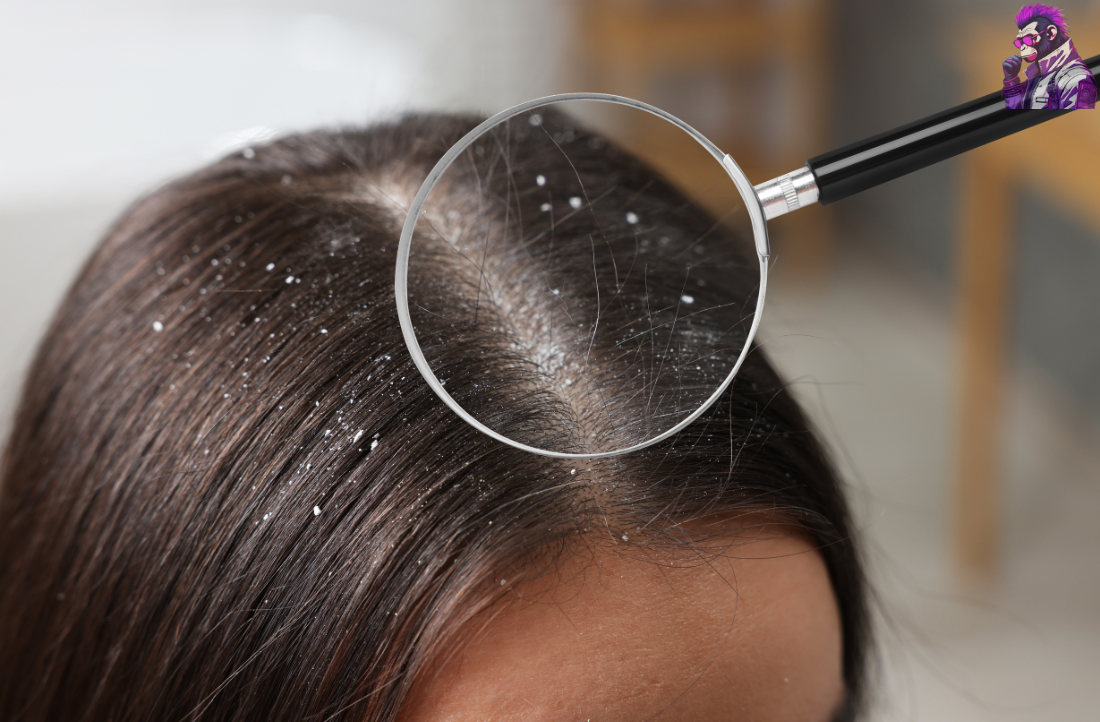
2. Seborrheic Dermatitis
Now, this can be a little complex, especially for new parents. A more severe form of dandruff, seborrheic dermatitis, leads to red, greasy, and scaly patches on the scalp and sometimes other body parts like eyebrows or behind the ears. In infants, it’s known as cradle cap, and while it looks alarming, it is typically harmless and treatable.
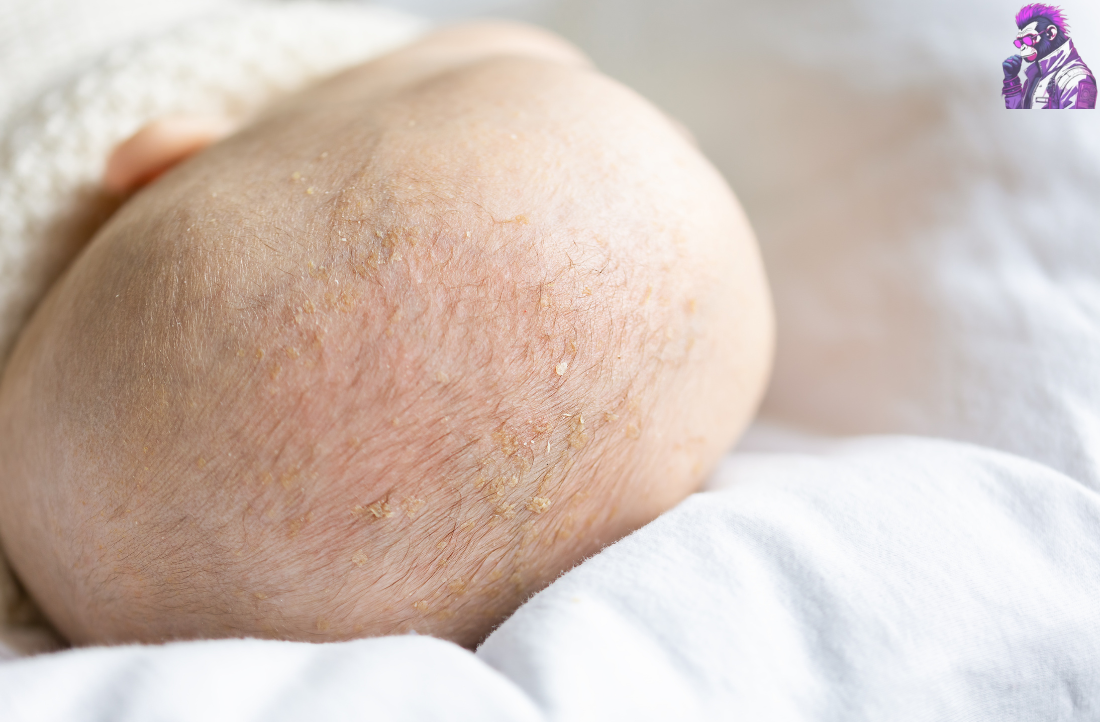
3. Scalp Psoriasis
Psoriasis is a chronic skin condition that can cause thick, scaly patches and intense itchiness. Though more common in adults, children can also develop scalp psoriasis, often alongside other skin areas.
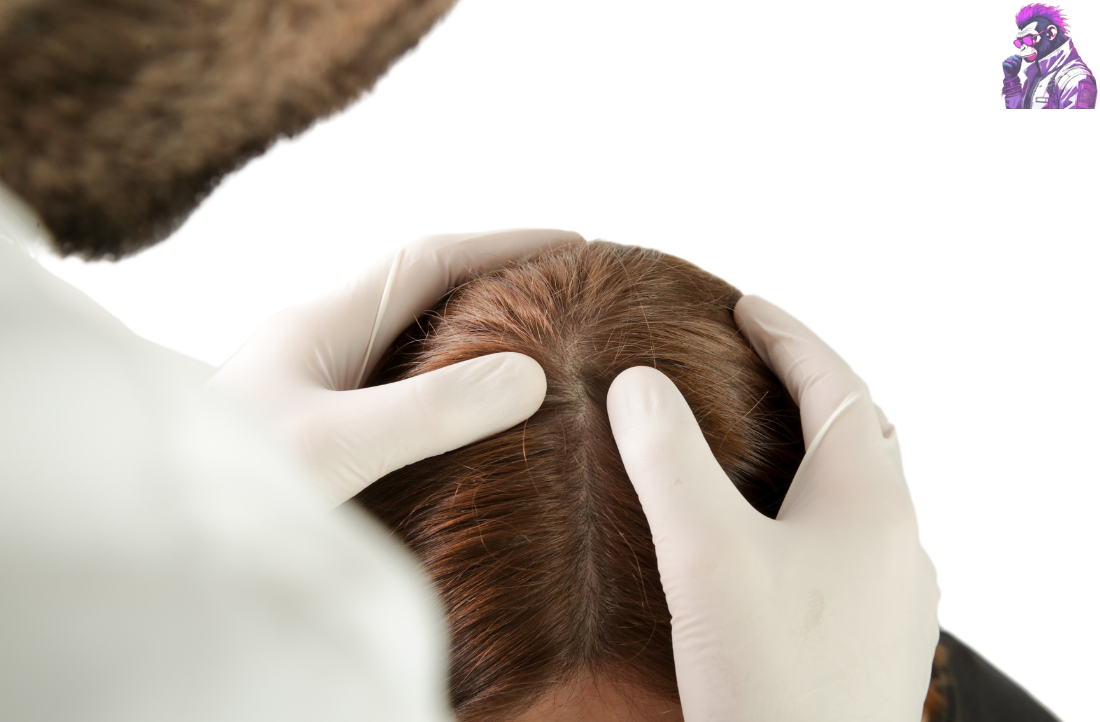
4. Eczema (Atopic Dermatitis)
Children with eczema may experience dry, itchy skin on the scalp due to a weakened skin barrier. Scratching worsens the irritation, sometimes leading to infection. This is not the first stage, it typically starts from dandruff, and can be cured early if diagnosed timely.
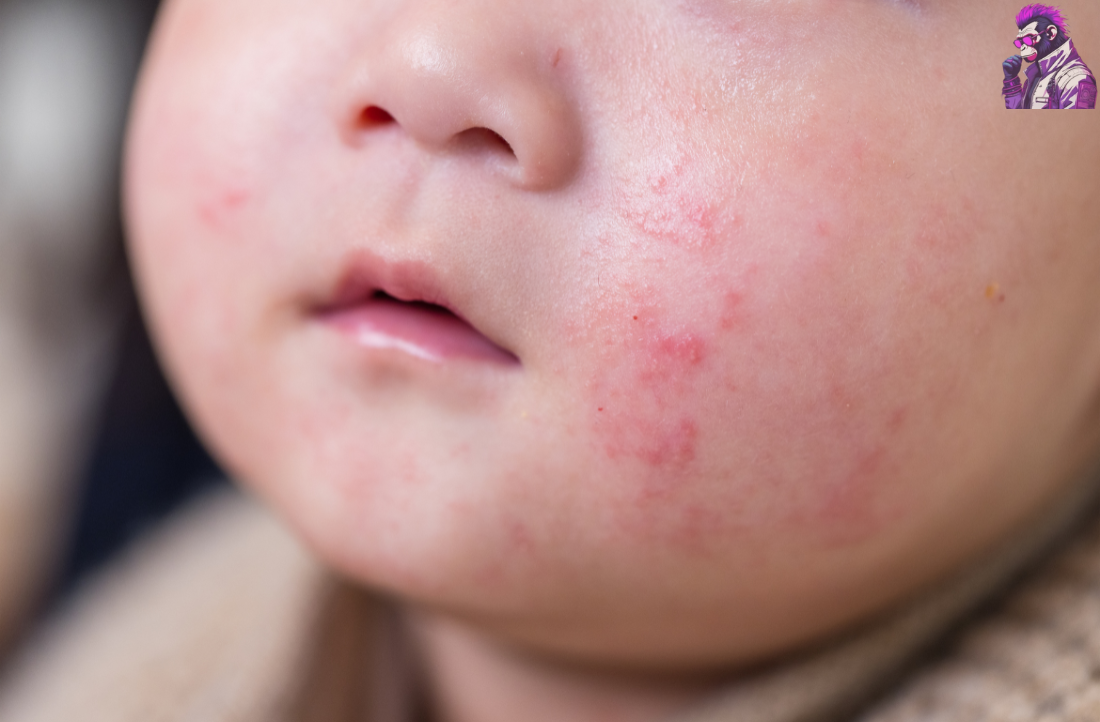
5. Allergic Reactions
Reactions to shampoos, conditioners, or even laundry detergents can trigger scalp irritation. These products might contain harsh chemicals (might not be harsh for adults) or allergens that disrupt the scalp’s natural balance.
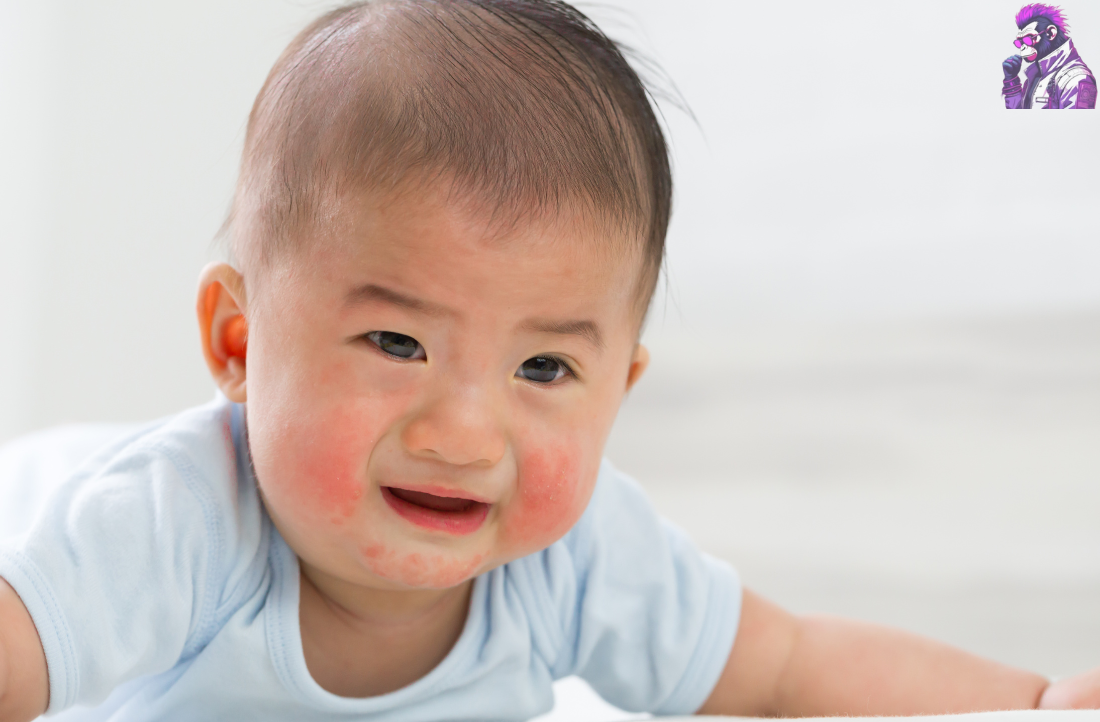
6. Head Lice or Fungal Infections
Head lice infestation or scalp ringworm (a fungal infection) can also cause significant scalp itching in children. These conditions often need prompt medical attention for effective treatment.
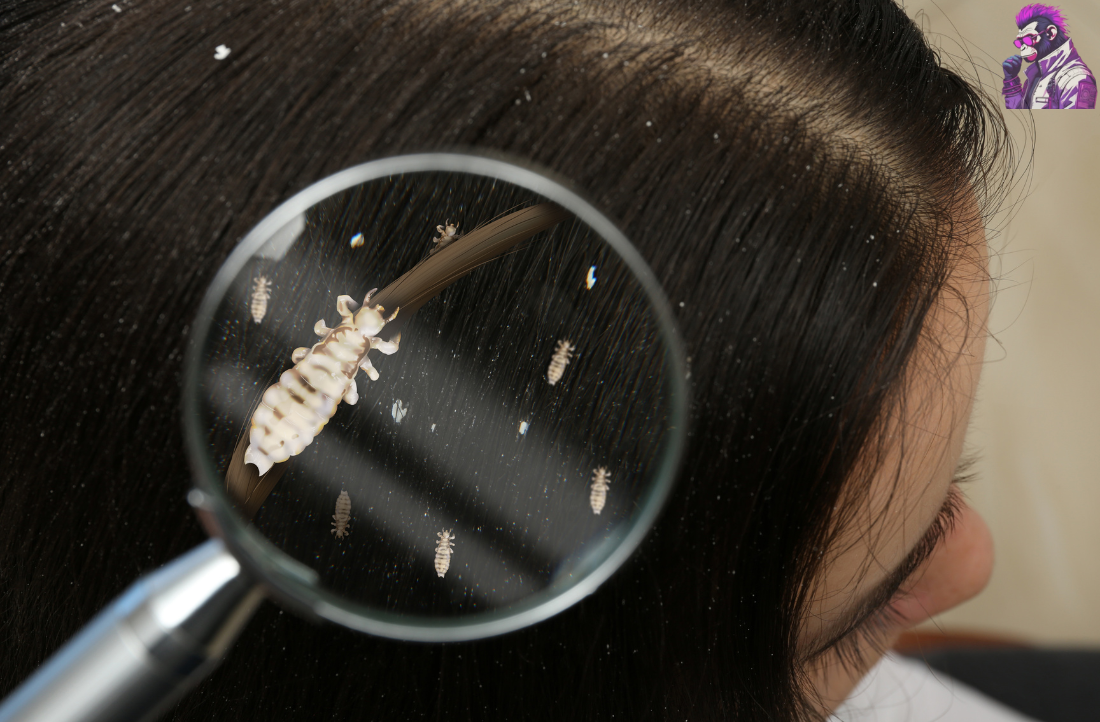
Effective Solutions and Remedies for Dry and Itchy Scalp in Children
Ok, I hope you have got some basics about the problem and types of causes. Now that we have identified the causes, let’s explore gentle and effective remedies to treat your child’s dry and itchy scalp.
1. Colloidal Oatmeal Baths
Colloidal oatmeal has been used for centuries to calm irritated skin. It contains anti-inflammatory and antioxidant properties that can reduce itching and restore skin barrier function. Try adding colloidal oatmeal to your child’s bath or using a gentle shampoo that includes it. Or with a doctor’s prescription, you can go with fully organic oatmeal.
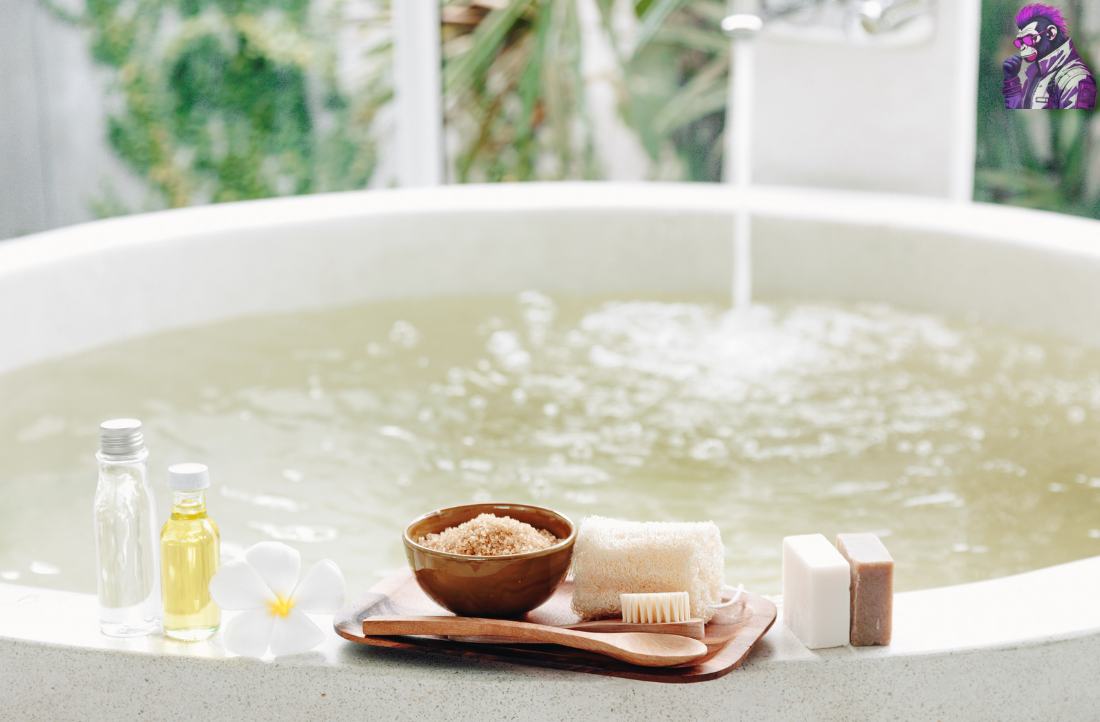
2. Mild, Medicated Shampoos
Over-the-counter (OTC) shampoos with ingredients like:
- Zinc pyrithione – targets dandruff-causing yeast (Malassezia)
- Selenium sulfide – slows down skin cell turnover to reduce flakes
- Salicylic acid – helps soften and remove crusty buildup
Use child-formulated versions or consult a pediatrician before applying medicated products.
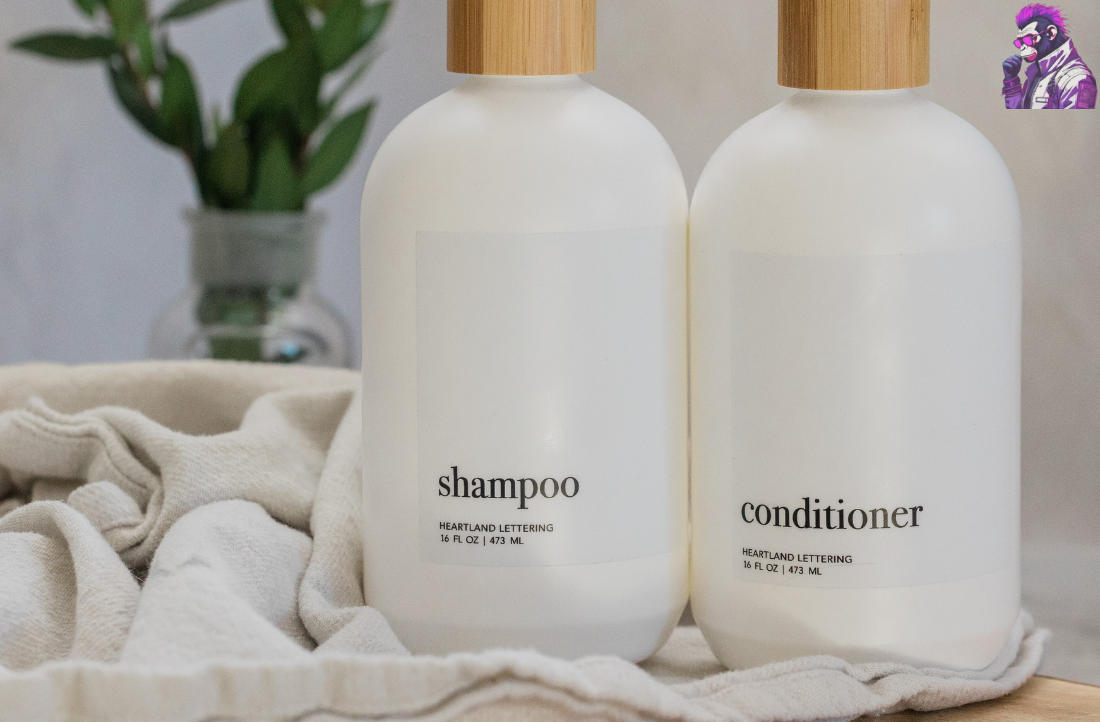
3. Essential Oils (Peppermint & Lemongrass)
Natural oils such as peppermint oil may soothe scalp itch due to their cooling effect. Lemongrass oil has antifungal properties, making it effective against dandruff. Always dilute essential oils in a carrier oil and do a patch test before applying them to a child’s scalp.
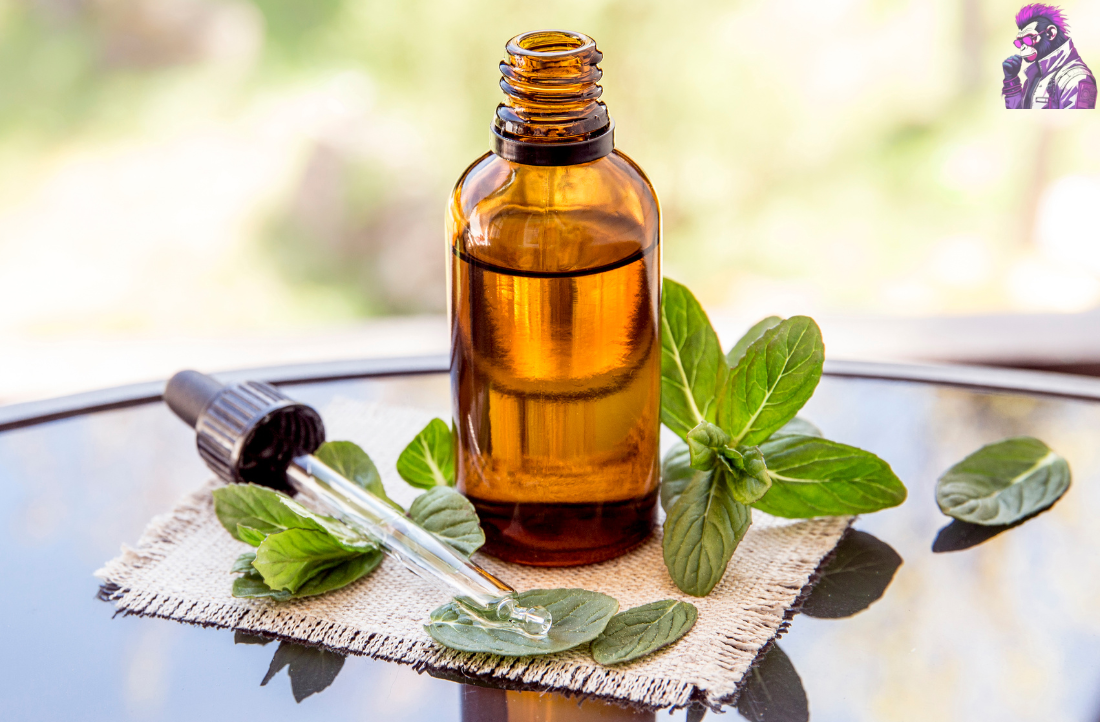
4. Proper Hair Washing Routine
Avoid overwashing, which can strip natural oils and worsen dryness. Wash your child’s hair 2–3 times a week with a gentle, fragrance-free shampoo. Ensure all product is thoroughly rinsed out to prevent buildup.
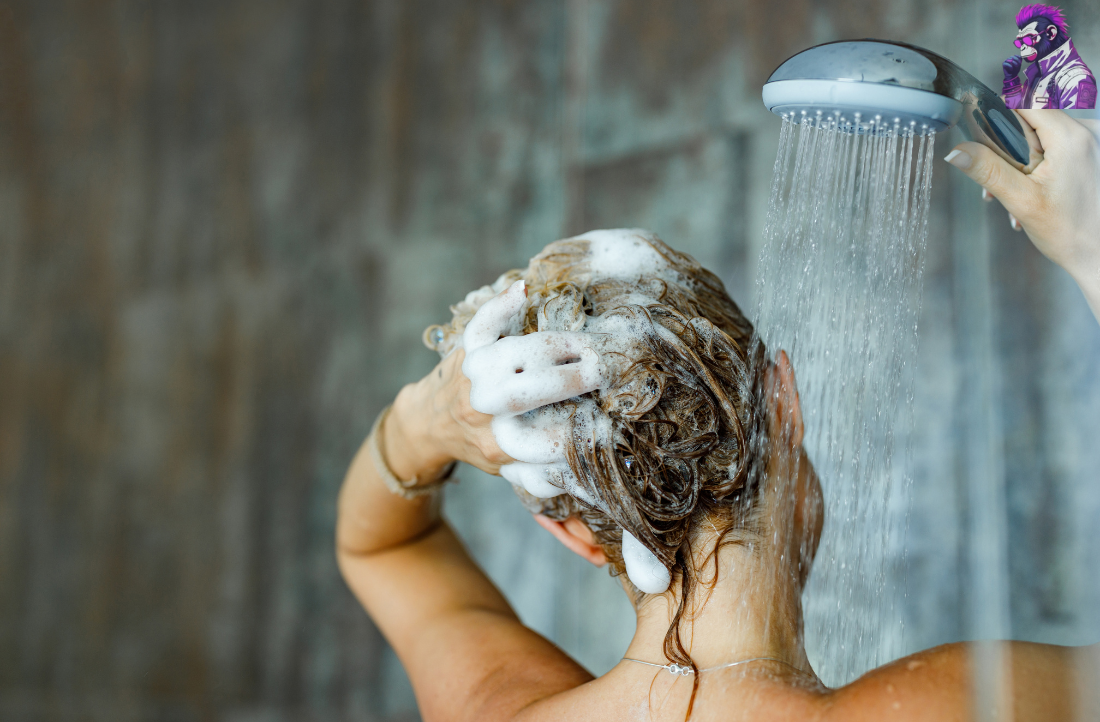
5. Hydration and Diet
A diet rich in omega-3 fatty acids (like flaxseeds or salmon), zinc, and vitamin E supports skin health. Ensure your child stays hydrated to prevent dry skin and scalp.
6. Avoid Irritants
Switch to hypoallergenic shampoos and laundry detergents. Avoid hair products with alcohol, sulfates, parabens, or added fragrance, which can worsen dryness and irritation.
7. Comb for Lice or Seek Antifungal Treatment
If lice or ringworm is suspected, use a fine-toothed comb and consult a healthcare provider. Antifungal treatments for scalp ringworm are usually prescription-based and necessary for complete resolution.
When to See a Doctor?
Although many cases of dry and itchy scalp in children improve with home care, consult a pediatrician or dermatologist if:
- The itching persists or worsens
- There is visible redness, swelling, or signs of infection
- Scalp lesions or thick scaly patches develop
- You suspect lice or fungal infections
Prompt diagnosis and treatment can prevent further discomfort or complications.
Preventing Recurrence
To reduce the chance of recurrence:
- Maintain a consistent hair care routine
- Use gentle hair products designed for children
- Keep hats, combs, and towels personal to prevent lice or infections
- Manage skin conditions like eczema with proper skincare
Identifying triggers and maintaining healthy scalp habits can keep your child’s scalp itch-free and comfortable.
Conclusion
A dry and itchy scalp in children can be rooted in multiple sources, from common dandruff and eczema to infections or product allergies. Fortunately, with the right approach using home remedies, gentle shampoos, and medical advice when needed, most scalp issues in kids are easily manageable. The key lies in understanding the root cause and applying the right solution tailored to your child’s needs.


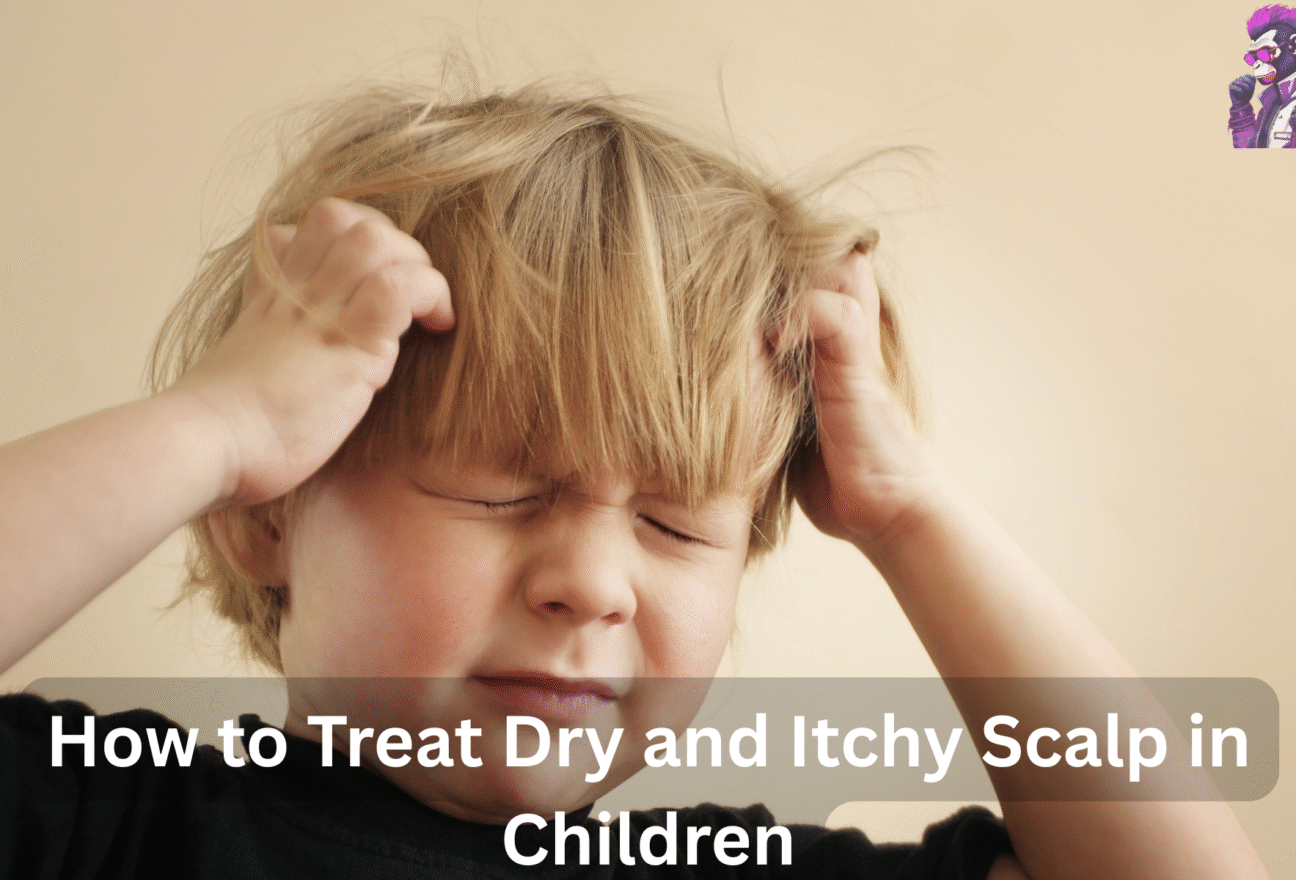
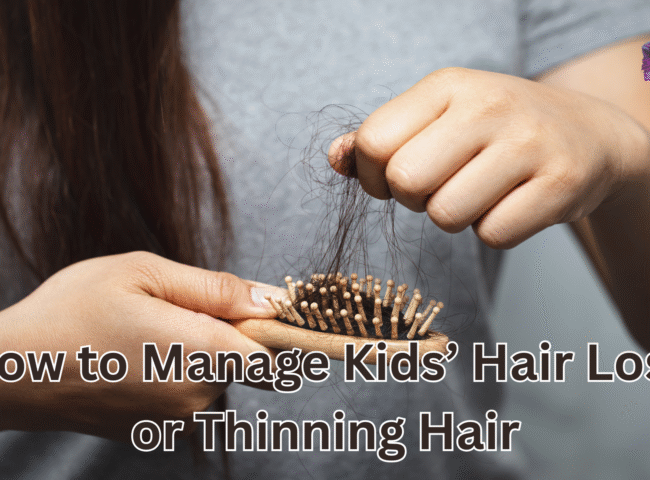
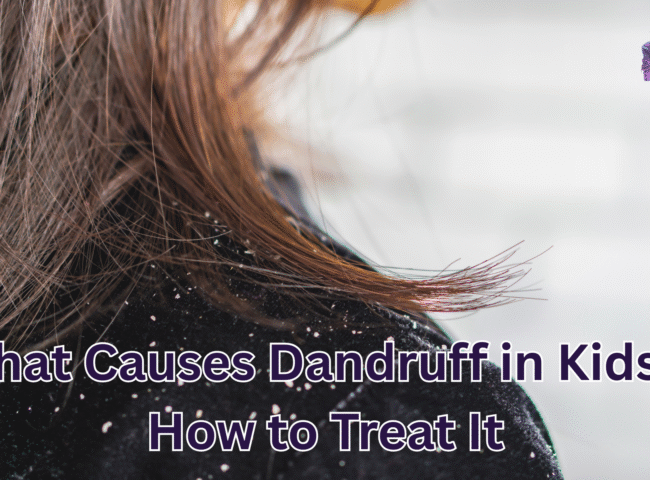
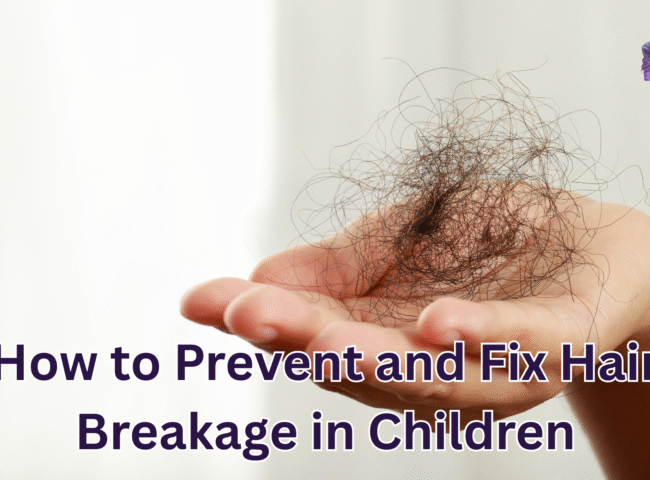
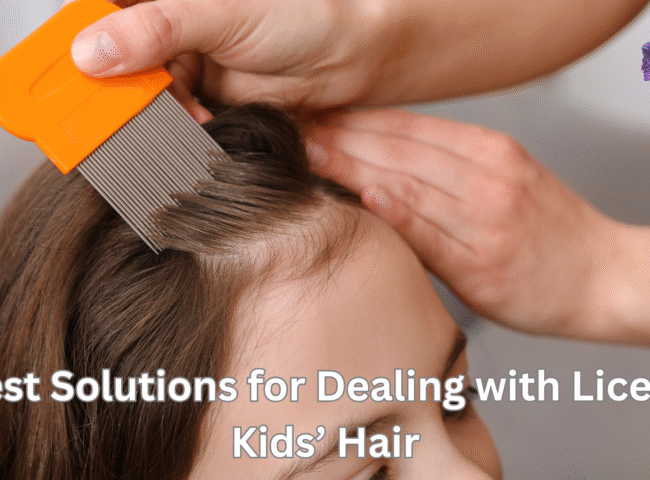
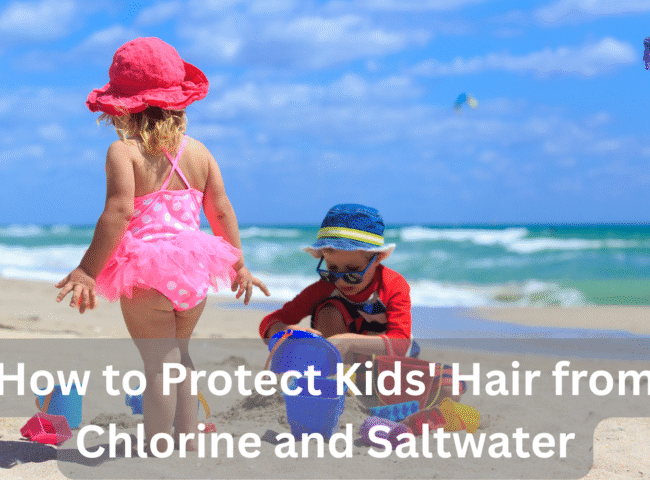
Leave feedback about this